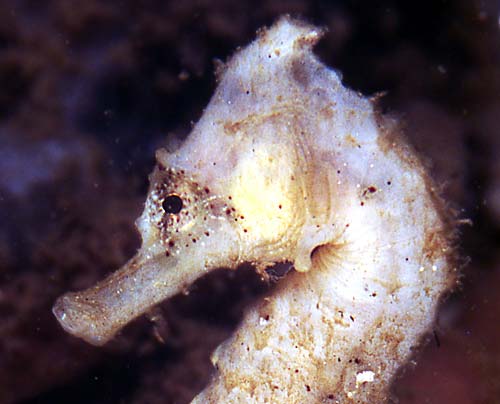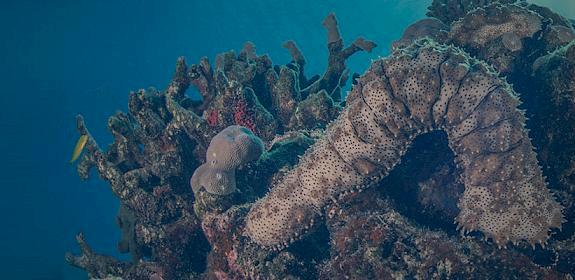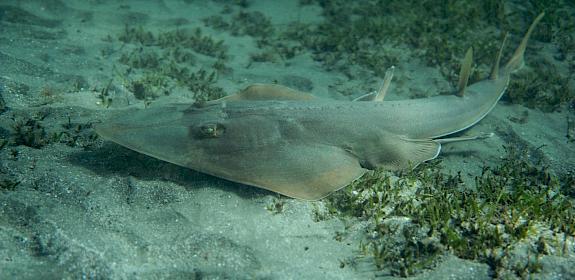Illegal seahorse-containing medicine handed back
Cambridge, UK, 19th August 2009—A Polish company has been found guilty of importing 14 tonnes of “Ginjal”, a drug containing powdered seahorses that is illegal under Poland’s Act on Nature Conservation, but the court ruled the stock should be returned to the company.

“The illegal tablets should have been confiscated so they can never reach the marketplace,” commented Magdalena Romanowicz, Head of WWF Poland’s Reducing Illegal Wildlife Trade initiative.
Ginjal is made in Indonesia exclusively for the Polish market and is used to treat urinary infections.
One of its principal ingredients is powdered seahorses, which are listed in Appendix II of CITES (the Convention on International Trade in Endangered Species of Wild Fauna and Flora), and therefore require special permits to be internationally traded.
Ginjal has been available in Poland for five years, and according to Polish Customs, the company in question, Cowik, had imported a total of around 135 million tablets since 2004 without the necessary documentation.
This equates to approximately 27 tonnes of powdered seahorses, or between 2–4 million animals over the six-year period.
Although Polish police and Customs had raised concerns over the legality of the import of Ginjal on several occasions, no action was taken because the drug had been registered by the Ministry of Health.
“This clearly indicates a need for greater communication between the Polish authorities: drugs entering the market should be checked not only for health safety but also for adherence to environmental regulations to ensure endangered species are not further threatened,” said Romanowicz.
“The history of use of Ginjal in Poland clearly shows how a lack of effective action by governmental agencies has allowed a market to exist for a product that should never have made it to our stores,” she added.




